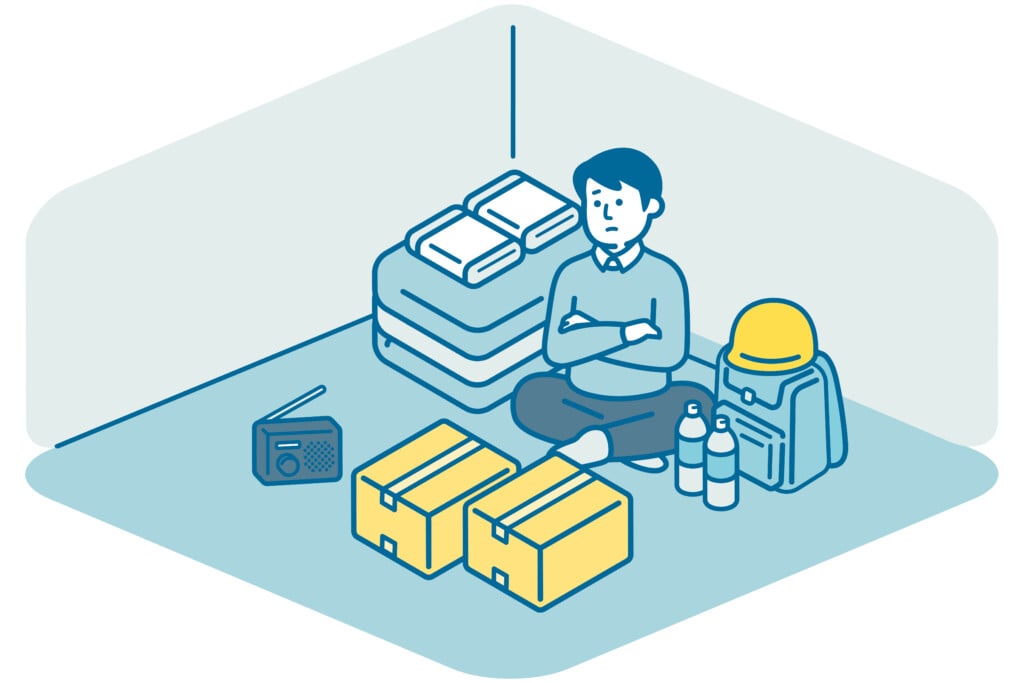6 Steps to Prepare Your Business for Hawai‘i’s Hurricane Season
An expert at First Insurance Co. of Hawaii explains how to safeguard a business – and save it if disaster strikes.

Hurricanes don’t hit our islands often, but when they do, damage can be catastrophic. Businesses cannot afford to be complacent: Think now about your property and operational exposures and act soon.
First, consult with your insurance agent and ask these essential questions: Do I have hurricane coverage for my property? Do I have enough coverage? Is my property correctly valued?
Then ask your agent if you have enough business income insurance to sustain you through a long period of reconstruction. If Hawai‘i were to be hit by a hurricane, thousands of homes and commercial buildings, as well as public infrastructure, could be damaged. In this scenario, rebuilding could take longer than a year depending on the availability of construction materials and labor.
In addition to insurance, other risk management techniques you undertake now can minimize any property damage and business interruption you might suffer from a hurricane. Here are six sensible steps.
- Create an emergency plan: FEMA’s Ready Business Hurricane Toolkit helps you identify your risks, develop a plan and take action. Find it at tinyurl.com/FEMAtools.
- Develop a continuity strategy: Consider how your business can continue to operate if your primary location is severely damaged, then create a continuity plan that prioritizes your most essential business functions.
- Be ready for a lockdown: Be prepared to properly secure and protect your facility and equipment from potential wind and water damage, as well as possible theft.
- Have backups: You may lose documents stored on-site – whether they’re paper or files on a computer. Consider waterproof storage options and off -premises and cloud storage backup for documents such as accounts receivables, tax records and personnel papers.
- Keep updated records: Maintain an updated inventory of your business property, including purchase receipts, appraisals and photos. This information will be handy later if you have to make an insurance claim.
- Be prepared: Acquire supplies ahead of time, including items to protect your property as well as emergency supplies for anyone who has to shelter in place. Consider a portable generator, alternative fuel sources and a supply of flashlights, lanterns, radios and other equipment that can be operated without electricity.
Hurricane season lasts six months, June through November, but other storms can hit anytime. Don’t be caught off -guard – start taking these steps to prepare your business now.






